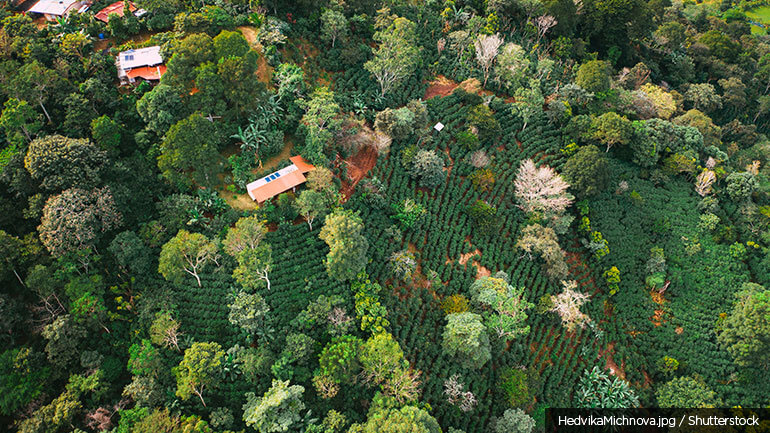
Costa Rica is an incredibly biodiverse country known for its achievements in rehabilitating and conserving forest ecosystems. With forests covering an impressive 52 percent of its landmass, competition over agricultural land has increased. While the country is known for its high-value agriculture products, such as coffee, palm oil, and bananas, the competition for land has repercussions on the livelihoods of smaller-scale farmers who lack the knowledge, resources, and infrastructure to compete in the market. Strategies that increase yields and productivity while boosting resilience to climate change are needed to maintain the sustainability of Costa Rica’s agricultural and forestry sectors.
In Costa Rica, PROGREEN supports the operationalization of the government's agro-environmental agenda (Agenda Agroambiental), which seeks to promote sustainable land-use outcomes across agriculture and forests. Through technical assistance and analyses, the project aims to strengthen the enabling conditions required to scale up low-carbon measures, sustainable food production, and forest conservation.
Since 2021, the project has supported the development of Nationally Appropriate Mitigation Action models (NAMAs) for key agricultural value chains, including livestock and coffee. The plans outline measures to improve the productivity of agricultural practices in a climate-smart and low-carbon manner. A National Adaptation Plan for the Rural Agriculture Sector (PASAR) was also delivered to the Ministry of Agriculture and Livestock and the Ministry of Environment and Energy to strengthen the agricultural sector's adaptive capacities in the face of climate change.